Anat Caspi participated in a panel discussion on the future of assistive technology and how recent innovations are likely to affect the lives of people with disabilities.
Category: microsoft
Accessible CS Education workshop focuses on inclusive experiences
Amid a global pandemic, innovative thinkers have been hard at work developing plans to improve equity in modern learning environments. The Accessible Computer Science Education Fall Workshop was held November 17-19, 2020, and jointly sponsored by Microsoft, The Coleman Institute for Cognitive Disabilities, and CREATE.
Each day of the event focused on strategies to improve classroom experiences for students and faculty with disabilities. You can watch recorded sessions where speakers provided a wide range of perspectives on computer science pedagogy and how to increase diversity, equity, and inclusion in computing disciplines.
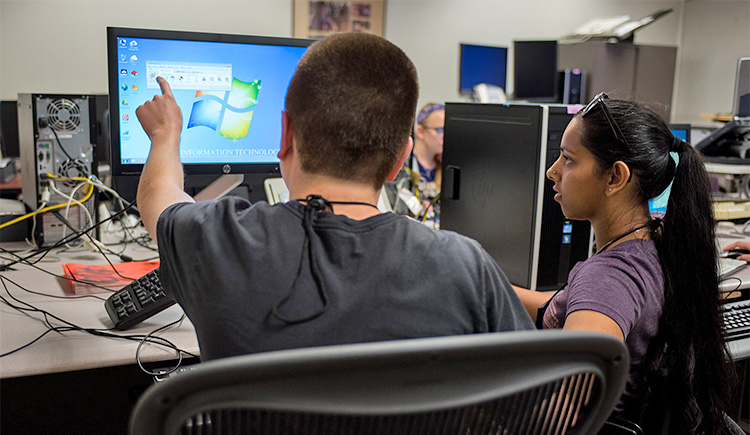
Two students work together on a computer screen using accessibility tools.
The event provided an intimate environment to share work and establish new collaborations. The most visible result, for now, is five white papers and action plans taken from the break-out group reports (CREATE faculty contributors noted):
- Education for Employment Pathways (Caspi)
- Accessible Computing Education in Colleges and Universities (Steele)
- Accessible Tools and Curricula for K-12 Computer Science Education (Ladner)
- Reimagining Accessibility and inclusion in K-12 CS Education through curriculum and professional development (Ladner)
- Challenges to Inclusive and Accessible Prototyping, lsotyping and Production (Feldner)
The program resulted in more than conversations; each group developed formal white papers and action plans that will guide future research and collaboration.
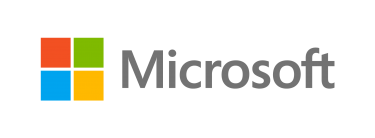
Throughout the workshop, participants focused on four areas:
- Education for employment pathways
- Making K-12 computing education accessible
- Making higher education in computing accessible
- Building accessible hardware and systems.
Conversations generated ideas about technologies that can boost employment and assist people with disabilities who experience barriers in various learning environments.
The committee behind the event successfully cultivated a productive and inclusive atmosphere that sponsors hope will translate to future projects. Members of the committee include Andrew Begel, Heather Dowty, Cecily Morrison, Teddy Seyed, and Roy Zimmerman from Microsoft; Anat Caspi and Richard Ladner from UW CREATE; and Clayton Lewis from the University of Colorado Boulder.
Caspi to lead collaborative $11.45M Transportation Data Equity Initiative
Tools like Google Directions and OneBusAway give up-to-date travel and transit information to make regional transit easier for most. But mobility applications focus on efficiency and shortest paths, leaving out information critical to people with disabilities, older adults, and anybody needing more support.
The Taskar Center for Accessible Technology, led by CREATE Associate Director for Translation Anat Caspi, and the UW’s Washington State Transportation Center will work with Microsoft, Google, the Washington Department of Transportation and other public and private partners to develop transit mobility technology as part of the Transportation Data Equity Initiative.
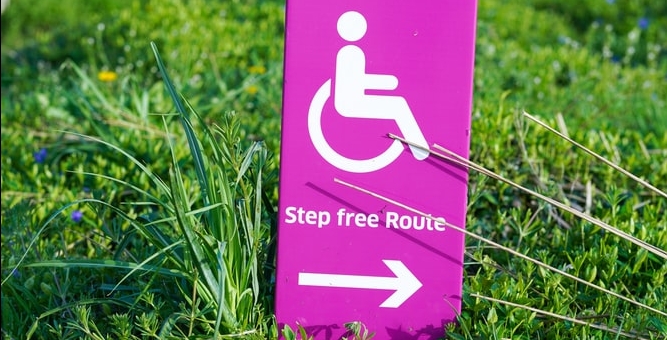
The U.S. Department of Transportation awarded the project $11.45 million in January as part of a program focused on promoting independent mobility for all.
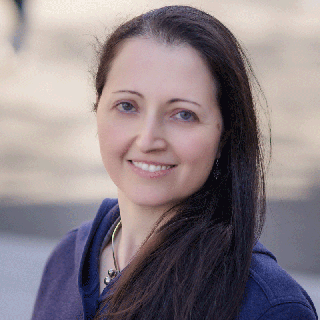
“Transportation and mobility play key roles in the struggle for civil rights and equal opportunity. Affordable and reliable transportation allows people access to important opportunities in education, employment, health care, housing and community life,” said project lead Anat Caspi.
“Our goal is to translate the UW’s accessible technology research and data science products into real-world use, building technology foundations for good and avoiding repetition of exclusion patterns of the past or creation of new travel barriers to individuals.”
This article was excerpted from the UW News. Read the full article.
New UW center bankrolled by Microsoft aims to make technology more accessible to disabled people
The Seattle Times | May 28, 2020
University of Washington professor Jacob Wobbrock figures the best way to make technology more accessible to disabled people is to anticipate their needs from the very beginning. “The world we live in is built on certain assumptions,’’ Wobbrock said. “If we question those assumptions right from the start when we design things, then suddenly things are accessible.’’
The Center for Research and Education on Accessible Technology and Experience (CREATE) is launching with a nine-member, interdisciplinary faculty led by Wobbrock and co-director Jennifer Mankoff.
Read full Seattle Times article.
Microsoft invests $2.5M in CREATE, a new center for accessible tech at the University of Washington
GeekWire | May 28, 2020
Microsoft and the UW have long been aligned in a shared commitment to accessible technology and a world that is more accessible through technology. With a leadership team from six campus departments in three different colleges, CREATE will build upon the UW’s existing work in education, research and translation.
Read the full GeekWire article.
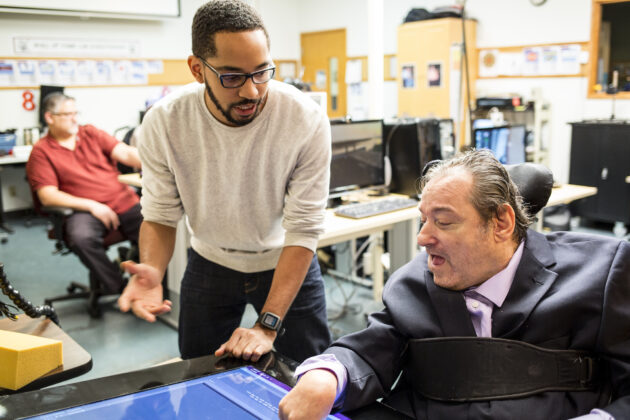
$2.5 million inaugural investment from Microsoft launches CREATE
CREATE News | May 28, 2020
UW president Ana Mari Cauce, with Brad Smith, Tim Shriver and Jennifer Mankoff, announced the new center and Microsoft’s investment at the Microsoft Ability Summit on May 28.
With a mission to make technology accessible and to make the world accessible through technology, Microsoft’s support will build upon current projects in accessible transportation, augmenting abilities, inclusive design, and “do-it-yourself” technology.
The company’s endorsement of the UW’s accessibility work promises to catalyze additional investment, which, ultimately, could generate the full funding needed to provide long-term support for the Center.